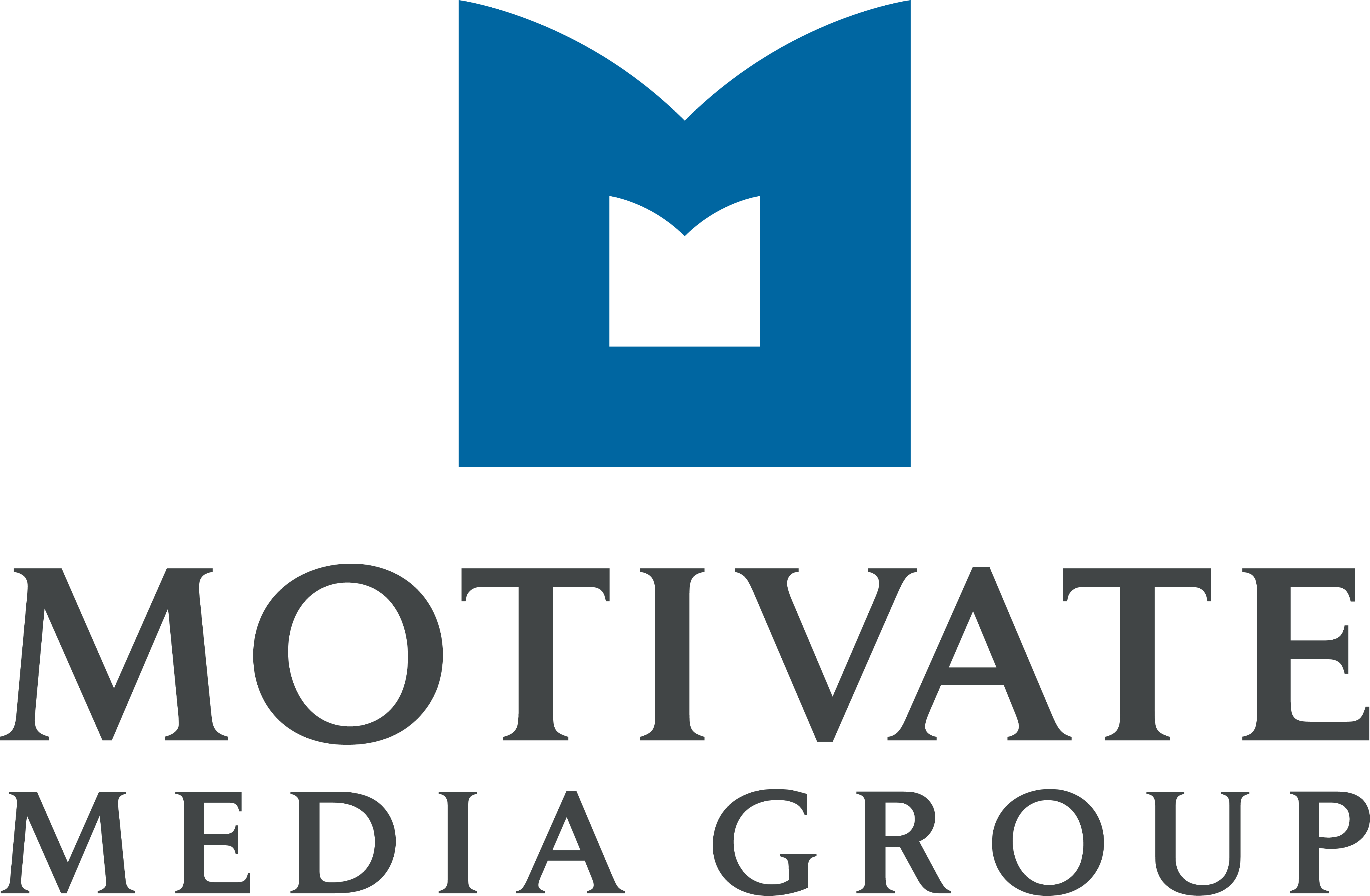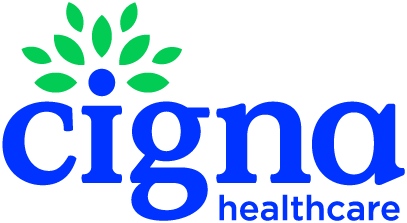The 2020 Paradox
Date Posted:Wed, 21st Oct 2020

How to Retain Control When Everything Seems Out of Control
It’s winter 2019/2020. Life is normal; work-life balance feels good; you’re enjoying the winter weather, looking forward to a good year ahead. Towards the end of February, reports begin popping up about this strange virus gripping a city that seems so very far away, and, before you know it, it’s the 376th of March, we are spinning in to socioeconomic decline, you are having meetings in your pajamas and a shirt and there is no end in sight to the escalating madness ensuing around the globe.
While the world around us seemed to spiral out of control throughout H1 of 2020, and does not seem to be showing any sign of letting up as we move into Q4, how can you be sure to retain control of your own situation and continue your planned endeavors for this tumultuous year (perhaps, save for travel)?
The answer is contextual control. As humans, we all have an inbuilt locus of control, which refers to your belief system; whether you perceive the causes of your experiences to be attributed to success or failure via your own abilities, or factors outside of your immediate control. This generally broken down into either an internal or external locus.
In terms familiar to the situation we find ourselves in throughout 2020, this concept would describe how an individual would view the repercussions of government guidelines in relation to their own work and/or home life; either ‘I understand this is the situation, I am powerless to change it therefore I will take action within my own environment,’ or ‘this pandemic has ruined 2020.’ Internal vs. external, respectively.
You can see, then, that while we may be subject to either an internal or external locus by design, with a conscious mindset shift we can perhaps align ourselves better to a more ‘growth-oriented’ perspective. Rather than focusing on everything that is going on around you with a ‘woe is me’ view (external), shift your focus to the internal and take ownership of your environment – how can you navigate your own journey for a more favourable outcome?
We all have our own individual circumstances and routines within our day-to-days, and it is imperative that we stick to these foundations to maintain some level of normality and annual framework.
On a macro basis; throughout the year we usually have dates of holidays, vacations, long weekends away where our minds can detach from work, providing us with more manageable chunks of focused attention and something to look forward to. Working towards the future fuels our sense of drive (supported by dopamine, our ‘purpose’ neurotransmitter) and maintains our focus on something better, something more. Remove this outright, and combine it with a constant barrage of media hysteria (external locus), our dopamine reserves become taxed and instead we mourn what could have been, lose our zest and become sedentary and unmotivated, living for the [extra-large] glass of wine and pizza at the weekend.
Our attention is stretched, constantly consuming information and data in milliseconds to no apparent conclusion, and we forget to enjoy the ‘here and now;’ enjoying life for what it is and being grateful for what we have – it’s a compounding cycle and one that is all too easy to fall into.
On a more micro basis, and on an infinitely more positive note, there are, fortunately, methods you can call upon to regain some level of structure to your day, week, month and year.
First and foremost, let’s begin with the architecture of your day (internal locus). As previously mentioned, routine is paramount to physiological and mental health. We know how important it is for the incredibly plastic minds of developing infants, so why do we so readily neglect our own? Find a post-sleep & pre-work routine that starts your day off positively, avoiding news outlets and social media, spending time with your significant other and/or family, getting some daylight, exercise and the chance to be present before you begin your work day.
Once your day begins, remember that your resources of focus are finite. Periods of intense work and focus must be followed by mind-breaks or periods of intense rest, to flush waste from your brain and to enable you to refocus on the next task. We are process driven, and success & accomplishment reinforce our motivation; part of the reason why crossing off items on a to-do list feels so rewarding.
Make sure you allocate time within your schedule to sit down and eat your lunch/meals outside of a focused environment. Believe it or not, the initial phases of the digestive process begin in the mind – eating at your desk while you stare at the markets, unhinging your jaw and pouring an energy-dense, nutrient-poor delivery down your neck is not conducive to efficient digestion and subsequent nutrient delivery to the required destination.
Bonus tip: feel sluggish in the afternoon after your lunch? This is not the carbohydrates in your meal or your blood sugar; this is a phenomenon called ‘post-prandial somnolence,’ dependent on the energy (caloric) density of a meal. This may be why you feel better on a ‘light’ vs. a ‘heavy’ lunch – less calorie content within that mean, less tiredness experienced.
After the work day has ended, leave your work at the office. Bringing stressors home with you affects more than you know, not just within yourself but also of those around you. This year, more and more of us have experienced working from home, where the lines get considerably blurred and this becomes difficult. An easy solution is to set a specific area or environment in your home that is dedicated solely to work, nothing else. Once you leave this space, your day is done.
Moving into the evening, your focus remains on the architecture and routine. Be present with your family, stay off news outlets, exercise if you have not done so already and take time to unwind, detach your mind from responsibility and brain-intensive thoughts, and begin preparing yourself for a restful night’s sleep (the pre-sleep routine).
Once you have set out how your day looks and are consistently following your own structure, apply this to your week. Set specific days where you get to the gym, specific days where you get outside for a walk (especially now the weather is cooling), and plan your weekend instead of leaving it to impulse.
Remember, evolutionarily we are beings reliant on forward motion for survival. Providing yourself with daily and weekly anchors that give you structure and guiding purpose will protect against the Groundhog Day-like sense that 2020 is never going to end. I talk about anchors a lot with my clients, and with good reason. Just like you’d structure the fiscal year to stay abreast of organizational progress, the use of daily, weekly, quarterly anchors enable your brain to focus on the here and now, instead of spiraling into oblivion like the rest of this historic year.
For more information, please get in touch with Max Physick, Founder of Source Health, directly at max@sourcehealth.ae











